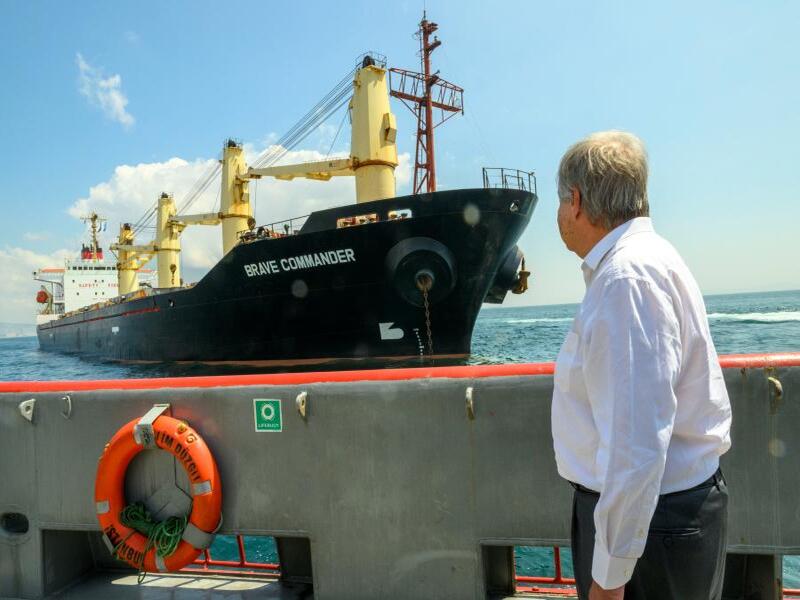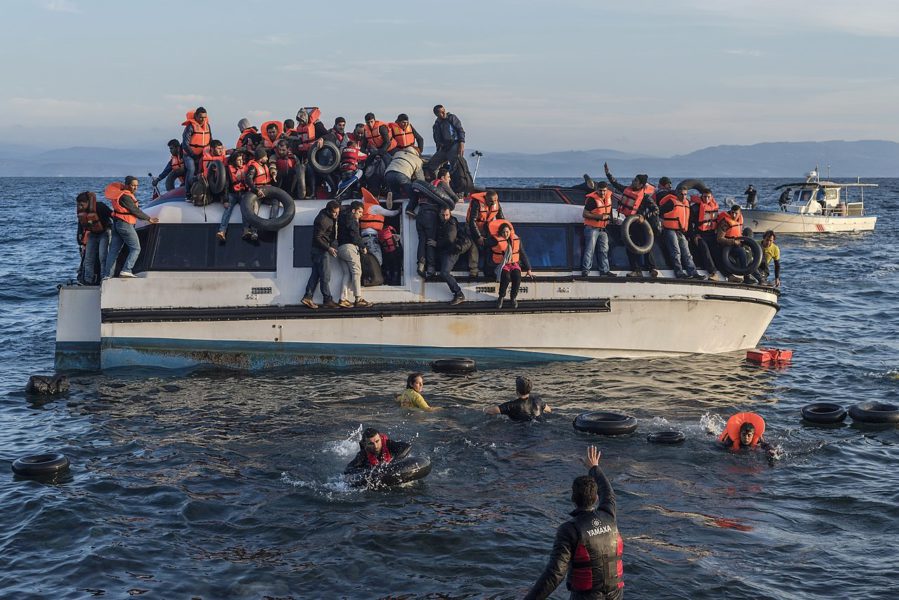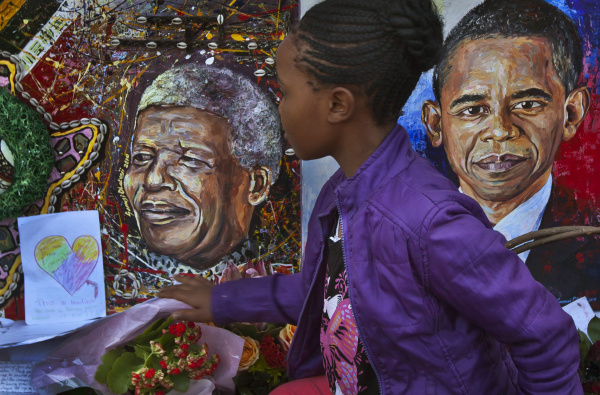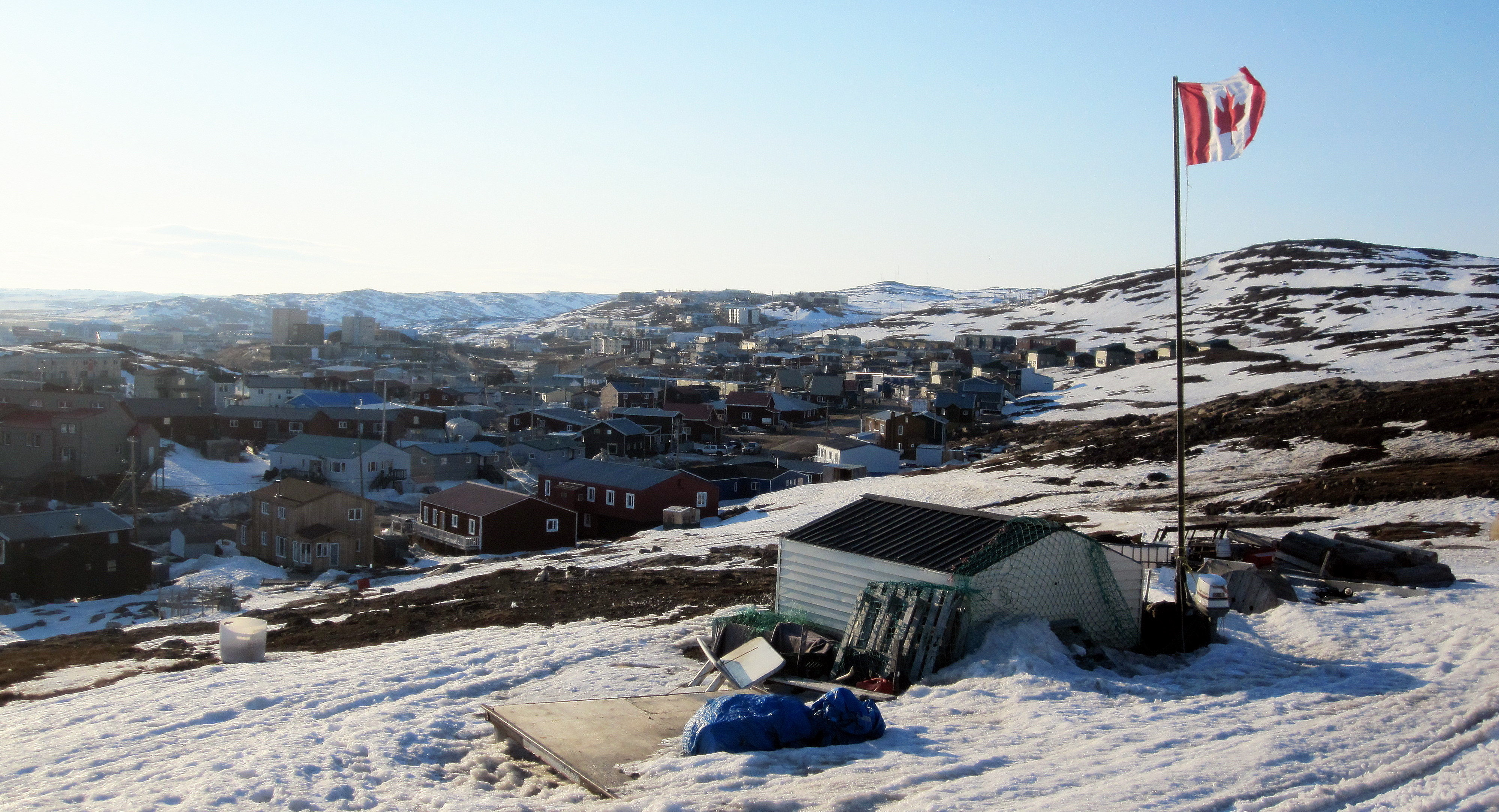Prior to the Russian invasion in February 2022, Ukraine was an important exporter of grain. Ukraine was also a fundamental supplier of grain to the UN World Food Programme. In previous years, UN reports indicate that Ukraine supplied the world with more than 45 million tonnes of grain annually, ranking in the top five exporters of wheat, corn, and barley. Ukraine was also the world’s biggest sunflower oil exporter, producing and exporting 42 per cent of the world’s sunflower oil supply in 2019.
It comes as no surprise then that the UN Food and Agriculture Organization predicts that around 47 million people are at risk of facing acute food insecurity–inadequate consumption of food that threatens well-being–directly as a result of the war. As such, NATO must utilize its members like Türkiye to do more to ensure that Ukraine can continue exporting grain.
The establishment of the Joint Coordination Centre (JCC) in July by UN, Turkish, Russian and Ukrainian officials has the objective of establishing a “humanitarian maritime corridor to allow ships to export grain, other foodstuffs and fertilizers from Ukraine.” Since July, 9.5 million tonnes of grain have been exported from Ukraine to the world. In other words, although the volume of export is expected to rise in the upcoming months, it is still only about 20 per cent of the annual export from previous years.
In September, following the first shipment of grain in July under the agreement, Vladimir Putin criticized the UN-backed deal, saying that most of the grain was being sent to European states, many of which are NATO members, rather than to countries that need it the most. Putin described the Europeans as being “colonialists,” where low- and middle-income states were being deceived once again.
The JCC in Istanbul released the September data showing that only 30 per cent reached lower-income states around the world. Things changed in October, when the United Nations Conference on Trade and Development (UNCTAD) released a report in which exports were calculated according to the development status. The report states that the “developed states” received 34 per cent of Ukrainian grain, while “developing states” received 47 per cent and the “least developed” received 19 per cent.
Why is it important and what can NATO do?
In October, NATO suggested that Putin was “weaponizing food.” This followed some friction in the JCC agreement between Russia and the other signatories. NATO spokesperson Oana Lungescu stated “we [NATO] call on Russia to reconsider its decision and renew the deal urgently, enabling food to reach those who need it most.” If Russia completely pulls out, the grain corridor must be secured.
NATO’s involvement in bolstering an economic agreement is well within the alliance’s mandate. Article 2 of the Atlantic Charter states “[members] will seek to eliminate conflict in their international economic policies and will encourage economic collaboration.” As such, when NATO members contribute to the mission of exporting Ukrainian grain, they are promoting “conditions of stability and well-being,” another Article 2 clause.
Yevgeniya Gaber, a senior fellow at the Atlantic Council, suggests a three-pronged approach: to secure the grain corridor by means of trilateral partnership between the UN, Ukraine, and NATO-member Türkiye; to combat misinformation orchestrated by Russia on violations of the agreement; and to prepare militarily for Russian provocations by providing naval escorts.
All three of Gaber’s points are critical to the successful continuation of supplying the world with Ukrainian grain. The amount of Ukrainian exports will not reach 3 million tonnes in November, compared to 4.2 million tonnes exported in October, because of Russian reluctance in fulfilling their end of the agreement. Ukraine’s Infrastructure Minister Oleksandr Kubrakov released a statement that states ships are lining up for inspection, but the average number of inspections per day has dropped five-fold.
Russia still consistently criticizes the West, stating that grain supplies are still not reaching the most vulnerable lower-income states. But to Russia’s dismay, Ukrainian President Volodymyr Zelenskyy announced the “Grain from Ukraine” initiative as a solution to global food security, raising more than USD$150 million from NATO and other Western allies. With this sort of humanitarian aid, Ukraine plans on sending 60 vessels to countries most threatened by famine and drought, such as Yemen, South Sudan, and Somalia.
As solidarity builds on the notion of global food security, it is imperative that the momentum is maintained and furthered by the assistance of NATO and other allies. Not only has there been an agreement to get food flowing from Ukraine to the world, but also the accumulation of monetary support behind it. The combination of consensus and financial capability should be utilized in order to ensure that more grain can be exported from Ukraine.
Image: United Nations Secretary-General António Guterres looking over UN chartered ship Brave Commander as it leaves Istanbul following an inspection to the Horn of Africa, 21 August 2022 via United Nations Turkiye. Licenced under CC BY 2.0
Disclaimer: Any views or opinions expressed in articles are solely those of the authors and do not necessarily represent the views of the NATO Association of Canada.




